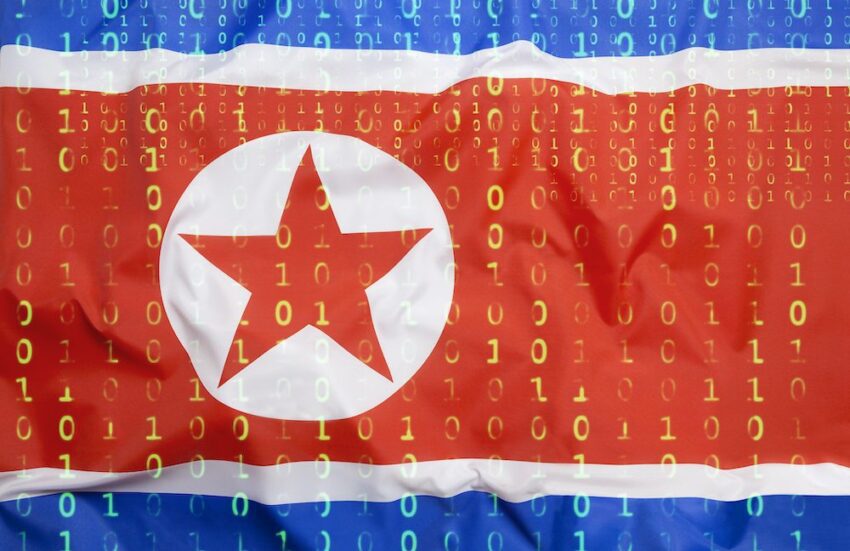
5 plead guilty to laptop farm and Five men have pleaded guilty to running laptop farms and providing other assistance to North Koreans to obtain remote IT work at US companies in violation of US law, federal prosecutors said.
5 plead guilty to laptop farm and
Overview of the Scheme
The recent guilty pleas highlight a troubling trend in cybercrime linked to North Korea, where state-sponsored hacking groups have increasingly targeted the global job market. The five men, whose identities have not been disclosed, were implicated in a scheme that involved the creation of laptop farms—collections of computers used to facilitate fraudulent activities. These operations were designed to help North Korean nationals secure remote IT jobs with US companies, thereby circumventing legal restrictions and exploiting vulnerabilities in the hiring processes of these firms.
Background on North Korean Cyber Operations
North Korea has long been known for its aggressive cyber operations, which are often carried out by state-sponsored groups such as APT38, also known as Lazarus Group. This group has been active for over a decade, conducting a variety of cyberattacks that range from financial theft to espionage. The tactics employed by these groups have evolved significantly, becoming more sophisticated and brazen over time. The recent uptick in schemes aimed at infiltrating the US job market is part of a broader strategy to generate revenue for the North Korean regime, which faces crippling sanctions and economic isolation.
Motivations Behind the Scheme
The motivations for these cyber operations are multifaceted:
- Financial Gain: The primary objective is to generate revenue through fraudulent employment, allowing North Koreans to siphon off millions of dollars in salaries and benefits from US companies.
- Cryptocurrency Theft: Many of these schemes also involve the theft of cryptocurrencies, which are increasingly being used to fund North Korea’s weapons programs.
- Espionage: By embedding operatives within US companies, North Korean hackers can gather sensitive information and conduct cyber espionage, potentially compromising national security.
The Role of APT38
APT38 has been identified as a key player in orchestrating these schemes. The group is notorious for its high-profile cyberattacks, including the 2014 Sony Pictures hack and the 2017 WannaCry ransomware attack. Their operations are characterized by a blend of technical sophistication and strategic planning, allowing them to exploit weaknesses in both technology and human behavior.
Recent Developments
The US Justice Department’s announcement regarding the guilty pleas comes amid a broader crackdown on cybercrime linked to North Korea. The five men involved in this case were charged with wire fraud and aggravated identity theft, reflecting the serious nature of their offenses. The Justice Department has emphasized that these actions are not isolated incidents but part of a larger pattern of behavior that poses significant risks to US national security and economic stability.
Specific Incidents of Concern
One particularly alarming incident involved a North Korean national who fraudulently obtained a job at KnowBe4, a US security company. Upon starting his employment, he immediately installed malware, demonstrating the potential for serious breaches of security and data integrity. Such incidents underscore the risks associated with hiring practices that do not adequately vet candidates, particularly in the context of remote work, which has become increasingly common in the wake of the COVID-19 pandemic.
Legal and Regulatory Implications
The guilty pleas of the five men serve as a stark reminder of the legal ramifications associated with cybercrime. The US government has been actively pursuing individuals and groups involved in such activities, employing a range of legal tools to combat these threats. The charges of wire fraud and aggravated identity theft carry significant penalties, including lengthy prison sentences and substantial fines.
Impact on Businesses
For US companies, the implications of these schemes are profound. The infiltration of North Korean operatives into the workforce not only jeopardizes sensitive information but also undermines trust in the hiring process. Companies must now be more vigilant than ever in their recruitment practices, implementing robust background checks and security protocols to mitigate the risks associated with remote hiring.
Stakeholder Reactions
The reactions from various stakeholders have been mixed. Government officials have praised the Justice Department’s efforts to combat cybercrime, emphasizing the need for continued vigilance and cooperation between public and private sectors. However, some industry experts have raised concerns about the adequacy of current regulations and the challenges of enforcing them in a rapidly evolving digital landscape.
Future Outlook
As cyber threats continue to evolve, it is crucial for both the government and private sector to adapt their strategies accordingly. The recent guilty pleas serve as a wake-up call for companies to reassess their cybersecurity measures and hiring practices. Enhanced training for HR personnel, investment in advanced security technologies, and collaboration with law enforcement agencies will be essential in combating these threats.
Conclusion
The case of the five men pleading guilty to facilitating North Korean access to US IT jobs underscores the complex interplay between cybercrime, national security, and economic stability. As North Korea continues to leverage cyber capabilities for financial gain and espionage, the need for robust defenses against such threats has never been more critical. The implications of these schemes extend beyond individual companies, affecting the broader landscape of international relations and security.
Source: Original report
Was this helpful?
Last Modified: November 18, 2025 at 4:36 am
4 views















